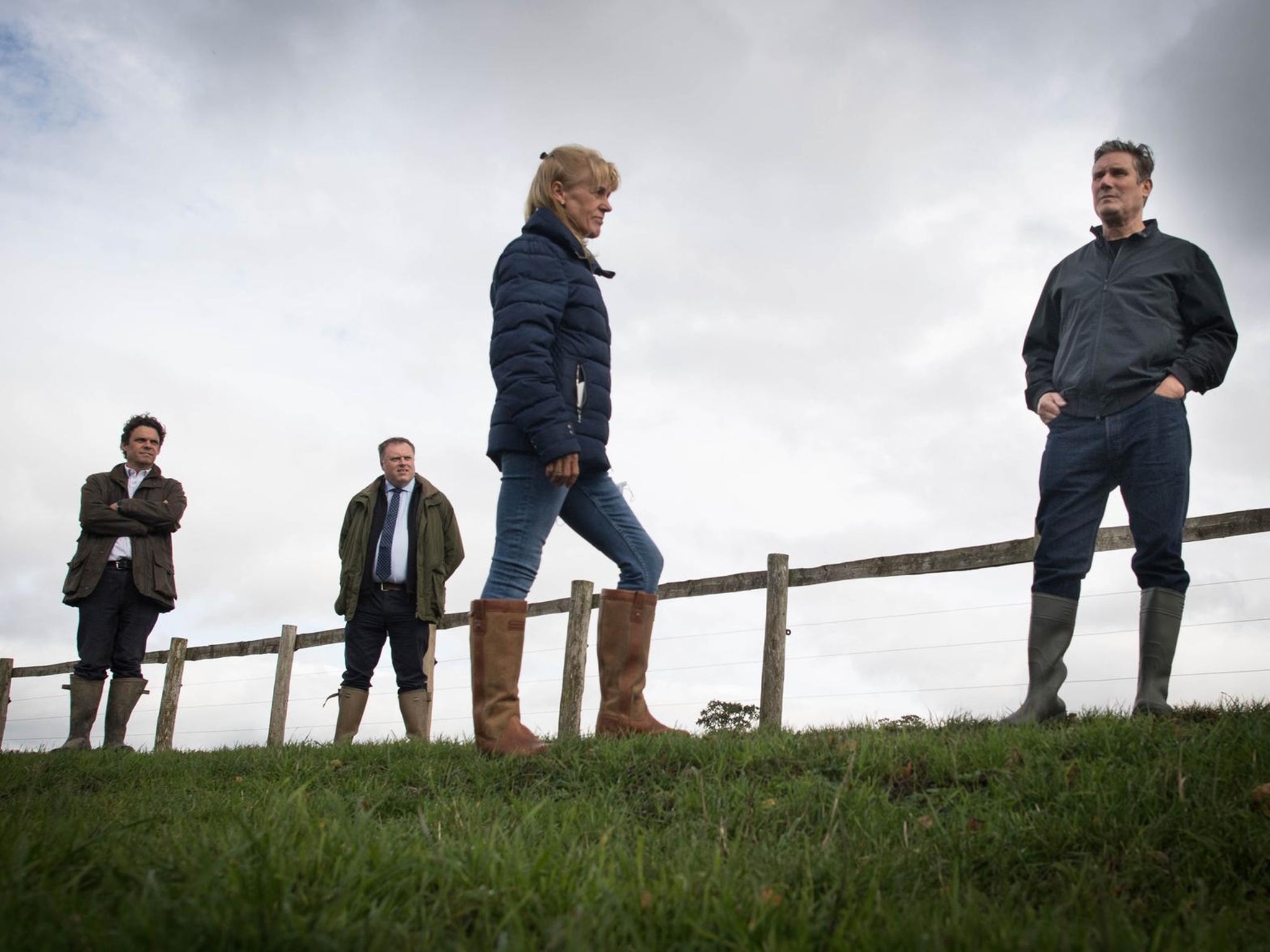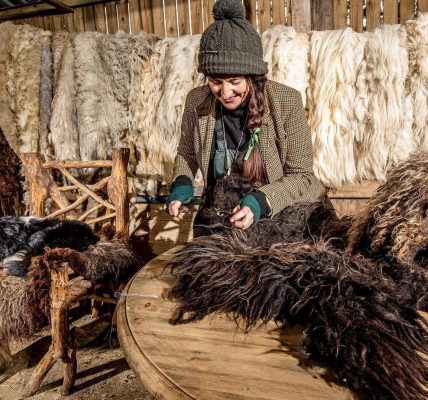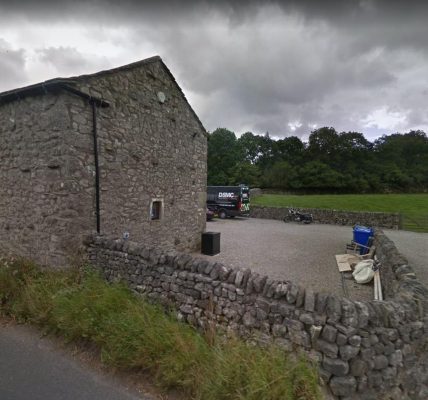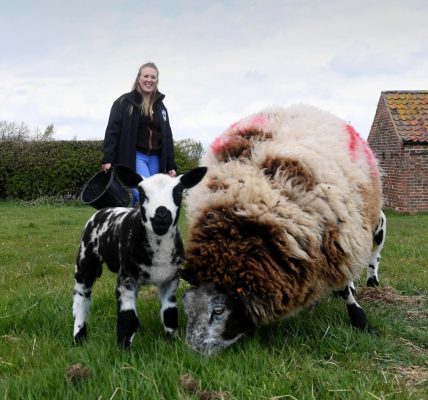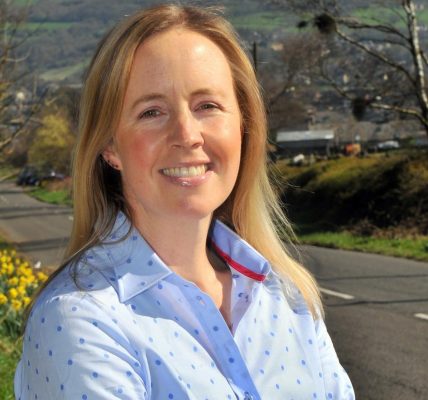Labour urged to 'turn words into action' over countryside as Government sets out post-Brexit hopes for farmers
Labour urged to 'turn words into action' over countryside as Government sets out post-Brexit hopes for farmers
The Countryside Alliance has challenged Labour to turn warm words over rural areas into action as Sir Keir Starmer became the first opposition leader to address an influential farming conference for 13 years.
Sir Keir gave a speech to the NFU annual conference today, in a move designed to reset Labour’s relationship with the countryside.
Labour currently holds just 17 of the 199 rural seats in England and Wales, and Sir Keir said: “I want there to be a new relationship between the Labour Party and British farming, and between Labour and rural communities.”
He said there was a perception that there was a chasm between Labour and the countryside.
And added: “It’s more perception than reality – because in the last year Labour’s stood with British farming and stood up for rural communities – from fighting for high food standards to protecting family farms.
“But it’s a perception that we can’t ignore any longer.”
Chief Executive of the Countryside Alliance, Tim Bonner, said it was a “positive” step, which acknowledged “the rural elephant in the room”, he added: “Now, however, words need to be translated into actions.”
He said: “If Labour is to be taken seriously in the countryside it needs to focus on the issues that matter to rural people, not those policies its urban activist base wants to impose on rural people. This needs to stop and warnings from groups like the Fabian Society need to be heeded. Labour must understand that without the countryside, it will never form a government again.”
Meanwhile, the Prime Minister Boris Johnson used the conference to thank farmers for keeping supermarket shelves stocked and delivery boxes filled during the pandemic.
He said in a video message, that freed from the “shackles” of the European Union’s Common Agricultural Policy, “I hope that this can be the moment when we start to realise the many opportunities we now have, not just for the benefit of our fantastic farmers, for all of you, but for our entire country”.
He said there were opportunities to make farming more profitable, productive, sustainable and resilient, at the same time as protecting the environment, cutting carbon, improving animal health and using “potentially revolutionary technology” such as gene editing.
“This crisis has tested us all but also I think brought a new and wider appreciation of the incredible work that you do, that farmers do every day, and in all weathers.
“Now is the time to embrace a new, modern age for farming, building on what we do best, with high-quality produce made to a high standard, while at the same time, pursuing all farming can do to protect nature and tackle climate change, as we look forward to Cop26 in Glasgow in November”, he said.
Speaking separately, Environment Secretary George Eustice said farmers had seen a boost post-Brexit.
He said despite challenges for some, “many others continue to see very strong market prices and a welcome boost to profitability”.
“Lamb prices have been running at ten-year highs, while the price of beef has also made a very strong recovery over the past year. The average income on livestock farms in less favoured areas actually increased by almost 50 percent,” he said.
“Now that we have left the EU, new payments and incentives will reward farmers for farming more sustainably, creating space for nature on their land, enhancing animal health and welfare, and reducing carbon emissions.”
Meanwhile, International Trade Secretary Liz Truss launched a new campaign to boost exports of food and drink and help farmers sell high-quality produce abroad.
The Open Doors campaign by the Government, with the National Farmers’ Union (NFU), Food and Drink Federation (FDF) and Agriculture and Horticulture Development Board, aims to target the growing middle classes in places such as Asia.
Speaking at the NFU annual conference, Ms Truss said the high quality of UK produce made it highly competitive and appealing to middle class consumers abroad.
But only a fifth of food manufacturers export their produce, she said.
The scheme will include advertising to encourage businesses to increase their overseas sales, practical help from the Government including exporting masterclasses and a new mentoring programme to help firms export.
The move comes in the wake of some UK producers struggling to export food products to Europe under the post Brexit regime, and amid ongoing concerns that trade deals with other countries could undermine high British standards.

